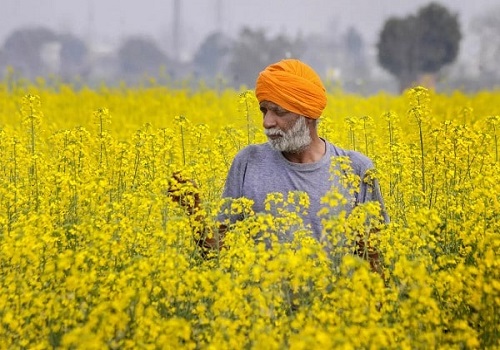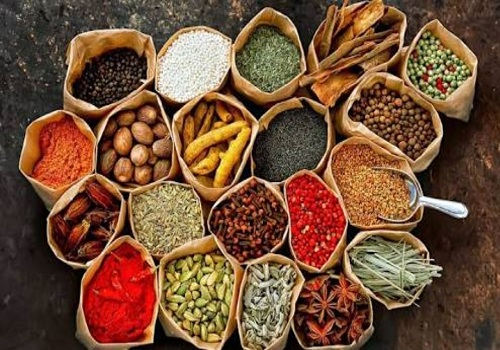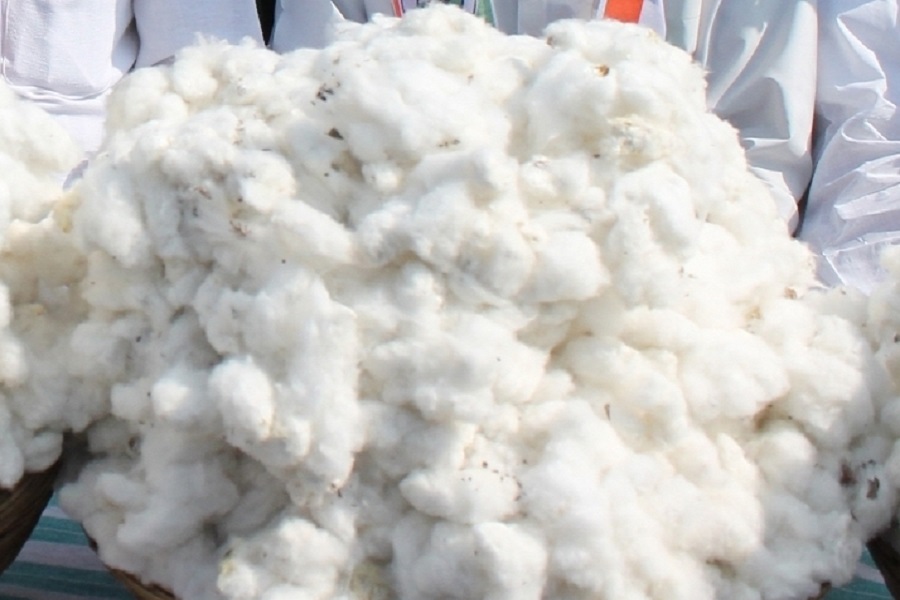Cabinet approves MSP hike for Rabi crops in 2025-26

The Cabinet Committee on Economic Affairs (CCEA), chaired by Prime Minister Narendra Modi, on Wednesday approved the increase in the minimum support prices (MSP) for all mandated Rabi crops for marketing season 2025-26.
The absolute highest increase in MSP has been announced for rapeseed and mustard at Rs 300 per quintal, followed by lentil (masur) at Rs 275 per quintal.
For gram, wheat, safflower, and barley, there is an increase of Rs 210 per quintal, Rs 150 per quintal, Rs 140 per quintal and Rs 130 per quintal, respectively, according to the CCEA.
The increase in MSP is in line with the Union Budget 2018-19 announcement of fixing the MSP at a level of at least 1.5 times of the All-India weighted average Cost of Production.
According to the government, the expected margin over the All-India weighted average cost of production is 105 per cent for wheat, followed by 98 per cent for rapeseed and mustard; 89 per cent for lentil; 60 per cent for gram; 60 per cent for barley; and 50 per cent for safflower.
"The increased MSP of rabi crops will ensure remunerative prices to the farmers and incentivise crop diversification," said the government.
Last month, the Cabinet approved nutrient-based subsidy (NBS) rates for the Rabi crops on phosphatic and potassic (P&K) fertilisers with a budgetary outlay of Rs 24,475.53 crore. The decision would ensure the availability of fertilisers to farmers at subsidised, affordable, and reasonable prices. The subsidy on P&K fertilisers will be provided based on approved rates for Rabi 2024 to ensure the smooth availability of these fertilisers to the farmers at affordable prices.
Meanwhile, the country clocked record foodgrain production at 3,322.98 LMT (lakh metric tonnes) in the agriculture year 2023-24 -- higher by 26.11 LMT than the production of foodgrains at 3,296.87 LMT achieved during agriculture year 2022-23. The foodgrain production saw a record increase due to good results with rice, wheat, and millet crops.
























